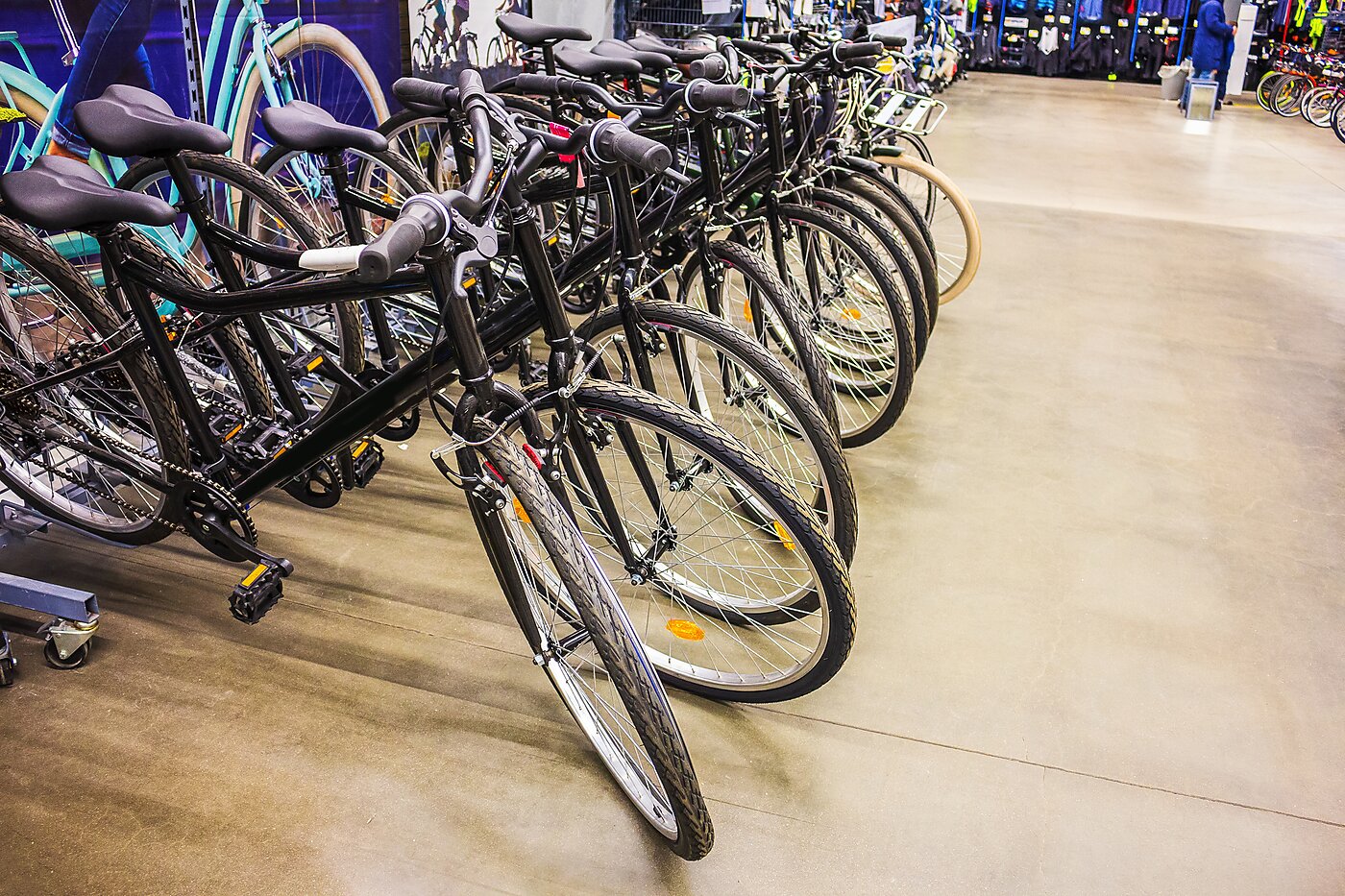Last week, the US Chamber of Commerce sent a letter to senior Trump administration officials raising the alarm over the toll being inflicted on small businesses from increased US tariffs. The business group warned that even if deals with US trading partners are reached in the coming months or weeks, many small businesses will still suffer “irreparable harm.”
“The Chamber is hearing from small business owners every day who are seeing their ability to survive endangered by the recent increase in tariff rates,” the group added.
The Chamber of Commerce is hardly alone. Speaking about small businesses last week, Ryan Petersen, the CEO of logistics firm Flexport stated that if the administration doesn’t change its tariffs, “it’s going to be an extinction-level, asteroid-wiping-out-the-dinosaurs kind of event. Only these aren’t dinosaurs. These are dynamic, healthy businesses.” Recent days have seen a steady drumbeat of articles detailing the threat posed by tariffs to American small businesses.
- CNN, April 26: “How Trump’s 145% China tariffs could crush American small businesses: ‘There’s no facility here that makes what we need.’”
- CBS News, April 30: “Reporter’s Notebook: Tariffs bring back COVID-era fears for small businesses.”
- Columbus Dispatch, May 1: “Trump’s China tariffs could destroy Columbus gaming company, owner says.”
- The Dispatch, May 1: “‘We’re Just Hoping the Ship Sinks’: How three small American businesses are paying the price for Trump’s tariffs.”
- Marketplace, May 2: “How two small retailers are dealing with tariffs.”
- Newsweek, May 2: “Iraq Veteran Says Trump Tariffs Sinking Her Baby Products Business.”
In addition, my colleague Scott Lincicome recently interviewed Rick Woldenberg, the CEO of a manufacturer of educational toys, about the difficulties resulting from the Trump administration’s tariffs.
But there’s another story about a small business struggling with surging US import taxes that I’d like to share. Last month, I spoke with the CEO of Bunch Bikes, a Texas-based electric cargo bike company that, as of April 4, had seen its tariff bill rise by over $1,100 per bike over the previous year (the amount has since increased). Instead of thinking of new ways to improve its product and better serve customers, the 8‑person operation is focused on just keeping its doors open.
Here’s a snippet from an op-ed about my conversation that was published by the Dallas Morning News:
Powell explained that building a Bunch bike involves sourcing 120 components, all produced overseas, and some available only in China. Simply shifting production to the United States to escape tariffs isn’t an option. Producing frames domestically might be possible, but what about highly specialized parts such as pedals, brakes, and chains? The supply chain for those components doesn’t exist in the United States and isn’t likely to anytime soon.
There’s also the issue of quality. Even if an alternative supplier outside of China can be located, finding one that matches his previous supplier’s craftsmanship and reliability is not assured. And it almost certainly won’t happen quickly.
According to Powell, six months would probably be the minimum for developing an alternative supply chain. A year would be even better.
Indeed, Powell noted that tariffs aren’t his only problem. His company also has to contend with the erratic nature of U.S. trade policy under Trump, in which tariffs are announced but then paused. And then raised. Perhaps they are just bargaining chips as part of a negotiation … or not. Long-term planning, he explained, is nearly impossible in such an environment.
Click here or here to read the whole thing.
The country’s small businesses are among the most vulnerable to a sudden spike in tariffs. Such firms often lack the resources to quickly shift production, easily manage a large, unexpected tariff bill, or hire lobbyists to press for narrow exclusions. Unless the White House quickly pivots in its trade policy, it should expect stories about small businesses’ tariff-induced difficulties to continue.


















